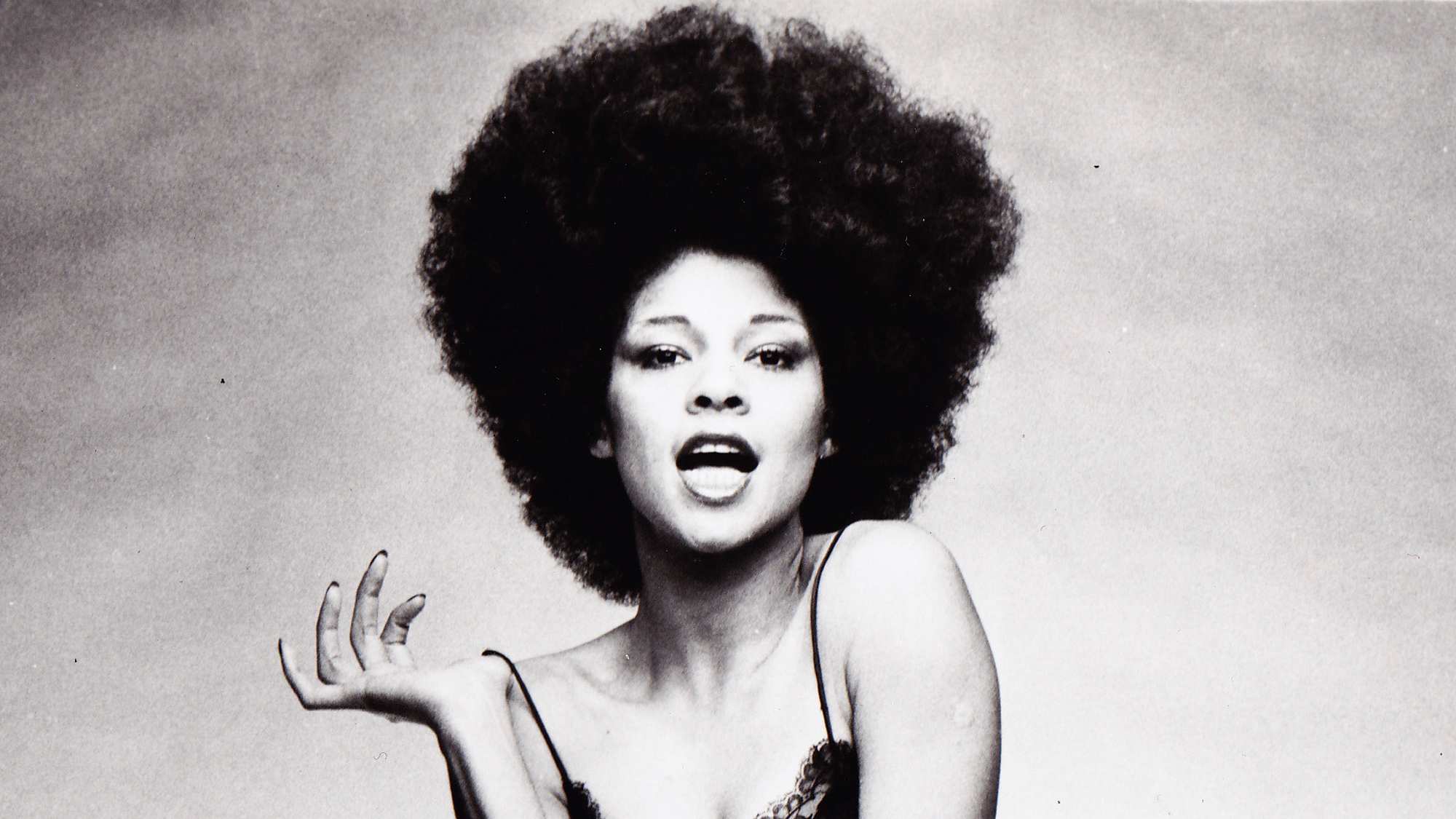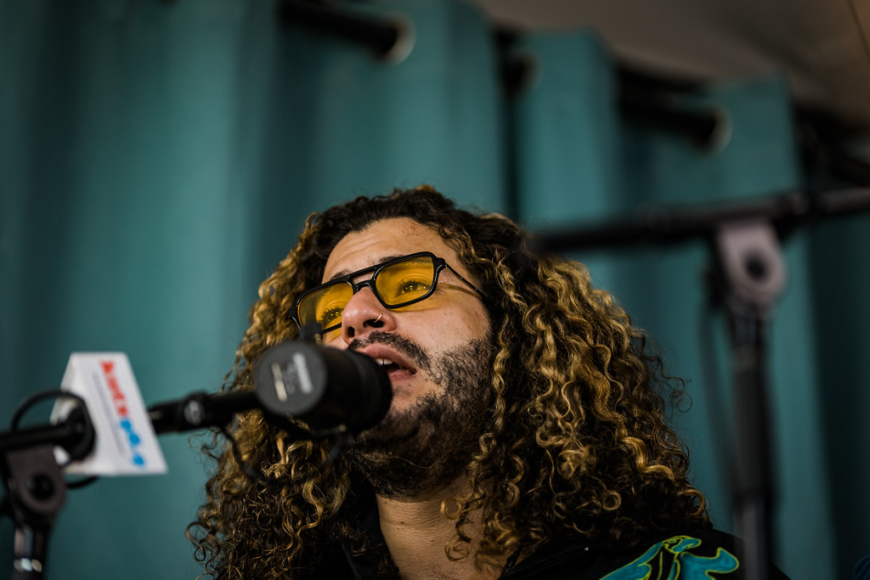by Art Levy
Last week, it seemed Neil Young was the paragon of values. Spotify removed his music from the streaming service at his request. It was a protest against the company’s blasé attitude towards its premier podcaster Joe Rogan, who continuously spreads COVID misinformation on his show. This week, Neil Young announced a partnership with Amazon Music, giving an exclusive four-month free trial to his fans. It’s apparently a thumbing of the nose Spotify’s way, but it just feels like Neil is a witting pawn in a bigger corporate game. Amazon is the same company that fired striking workers for demanding better COVID safety standards during a pandemic. New boss, meet old boss.
Music fans deleting their Spotify accounts and jumping to Apple or Amazon might prevent their dollars from going to Joe Rogan’s conspiracy-addled wallet, but it misses the wider systemic issues in music streaming. Jeff McCord discusses these in ‘Solving The Spotify Conundrum.’ Over the last decade, companies like Spotify have thoroughly devalued music to the point that songs are basically free giveaways designed to sell subscriptions. Spotify gives a $100 million deal to exclusively host Rogan’s show, but the company hasn’t made any sort of public investment like that to the health of the music ecosystem. Music critic Ted Gioia points out that “a chain has been broken.” For decades, record labels like RCA were also technology companies, investing in better microphones and sound technologies, which benefited both producers (musicians) and consumers (listeners) alike. Spotify isn’t interested in this. They’re presumably more interested in ad revenue from controversial podcasts.
Devaluing music goes hand-in-hand with devaluing the creative labor behind making the music. Unless you are the biggest artist in the world, your income from streaming is laughable. Musicians have resorted to publicly demanding that they be paid in pennies instead of fractions of pennies. Why haven’t bigger artists been more vocal about pay equity? Surely having high-profile advocacy would help move that needle. Yet it seems to be a uniquely American delusion to expect millionaires to fix a problem that affects non-millionaires.
This is the perpetual emotional axis, not only for music fans but any human being these days: it feels like you only get to pick which devil you dance with. Corporate control of the music market is so thorough that any move to fight it is seen as hopelessly naive or immensely self-righteous. All you’re left with is a pernicious strain of cynicism I call “whataboutism”: if you take a stand on Moral Issue X, what about Moral Issue Y? Whataboutism brands you a hypocrite for any action taken.
I am guilty of this, even in this essay, as we all are. This oscillation between self-righteousness or cynicism is what we’re steeped in; our political binaries peddle this “choice” on a daily basis. I can also be hypocritical: I want fair pay for musicians, so I buy music through Bandcamp, yet I have a Spotify account. How can any music fan live truly ethically these days and still enjoy the conveniences of the streaming age?
Maybe this kind of moral perfectionism is the real problem (and also uniquely American—it feels like it bubbles up from our country’s Puritanical roots). Any sort of action is better than no action. Educate yourself on streaming companies’ abuse of labor. Damon Krukowski has been covering this for years; this is a great article to start with. Buy directly from musicians if you can. Talk to musicians and hear their thoughts and experiences and if you can, advocate for and with them. Decide for yourself where your particular ethical line is and live by it. There isn’t one correct answer. There’s only the world as it is and the world you want it to be.



